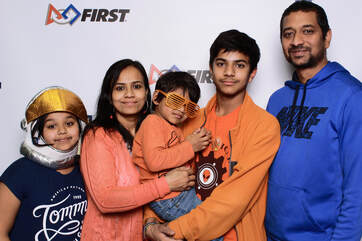
|
|
|
To download additional information regarding FLL Coaches and Mentors:
|
|
To download additional information regarding FTC Coaches and Mentors:
|
|
For information on the FIRST Robotics Competition (FRC) in North Carolina, contact Mrs. Marie Hopper:
|
